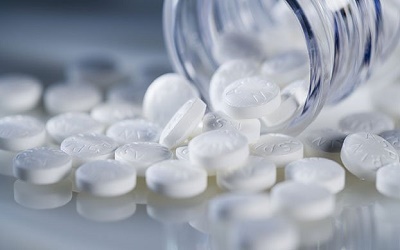PTE考生目前最大的问题之一就是练习题缺乏。除了有限的基本官方书(PLUS,Testbuilder, OG)之外
就没有题了。很多英语基础不是很扎实的同学很难找到练习材料。悉尼文波雅思PTE培训学校专门为澳洲,尤其是悉尼、墨尔本的PTE考生准备了适合PTE听力阅读练习的科学60秒。各位PTE同学可以练习PTE听力中的summarise spoken text和PTE口语中的retell lecture,PTE听力口语-科学60秒-Frosty Moss练习记笔记技巧和复述。废话少说,下面开始:
听力内容:
60秒科学节目(SSS)是科学美国人网站的一套广播栏目,英文名称:Scientific American – 60 Second Science,节目内容以科学报道为主,节目仅一分钟的时间,主要对当今的科学技术新发展作以简明、通俗的介绍,对于科学的发展如何影响人们的生活环境、健康状况及科学技术,提供了大量简明易懂的阐释。
Yeast. They already participate in producing some of the most popular pain-killing substances around: beer and wine.
Now, scientists have engineered yeast that can also make one of the most powerful analgesics: morphine.
Their work is in the journal Nature Chemical Biology.
Opiates like morphine and codeine are essential for treating severe pain.
But making these meds isn’t easy.
All are derived from opium poppies, and tens to hundreds of thousands of tons are needed to meet global needs.
The crops can also be affected by climate, disease and even political turmoil in the countries where the plants are grown, which further limits commercial production.
To get around these potential challenges, researchers have turned to yeast, an organism that can be grown easily on industrial scales.
The scientists inserted into yeast cells a handful of genes isolated from the opium poppy.
These genes encode the enzymes the plants use to produce opiates.
After tweaking the system to adjust the relative amounts of the enzymes, the researchers could feed their yeast a precursor chemical called thebaine, and get pure morphine in return.
The yeast can’t yet make opiates from scratch.
But with a bit more effort and a few more enzymes, yeast may produce painkillers that are prescription strength.
悉尼文波PTE原创首发





